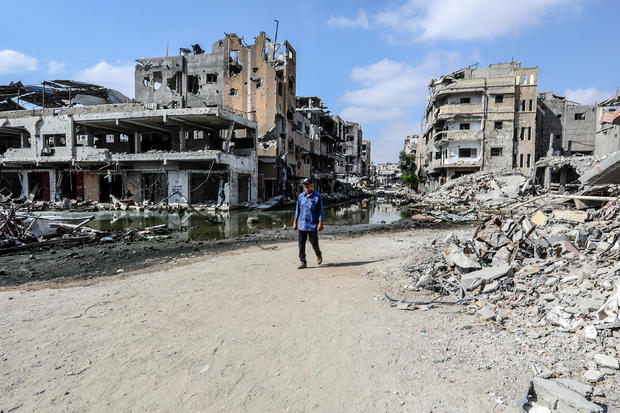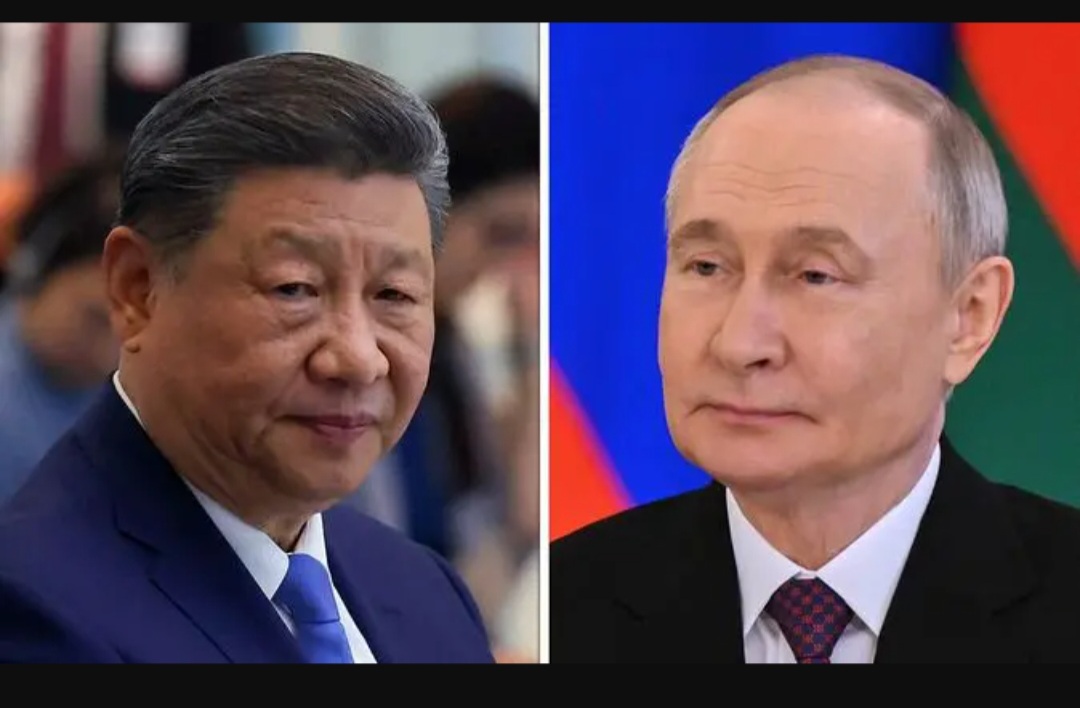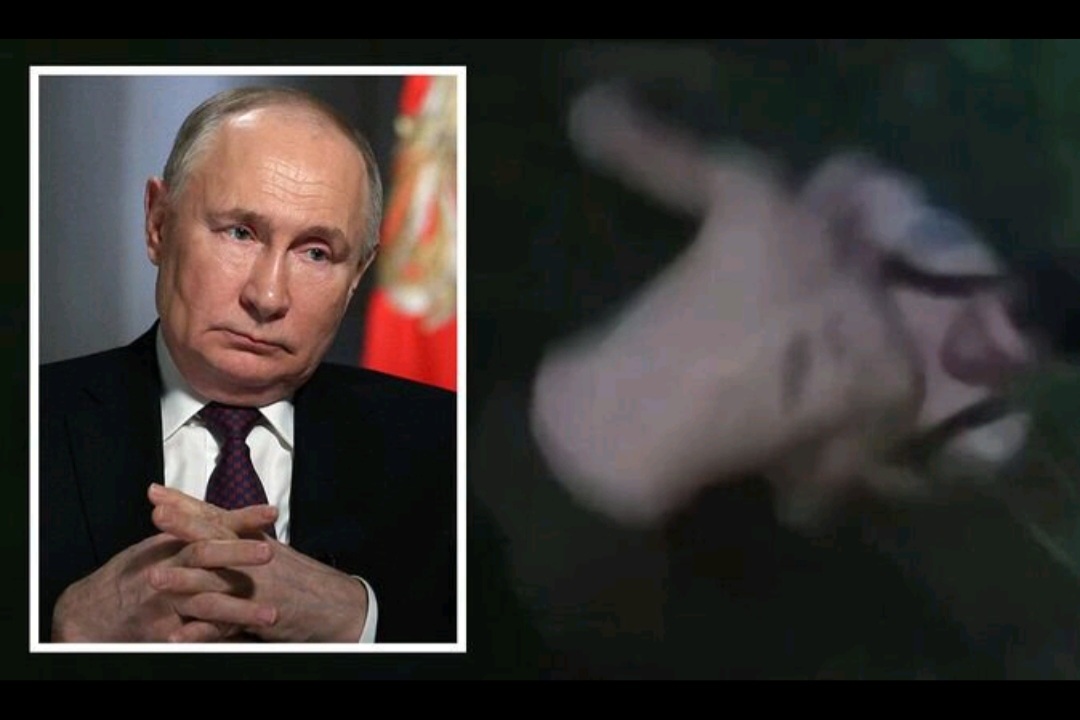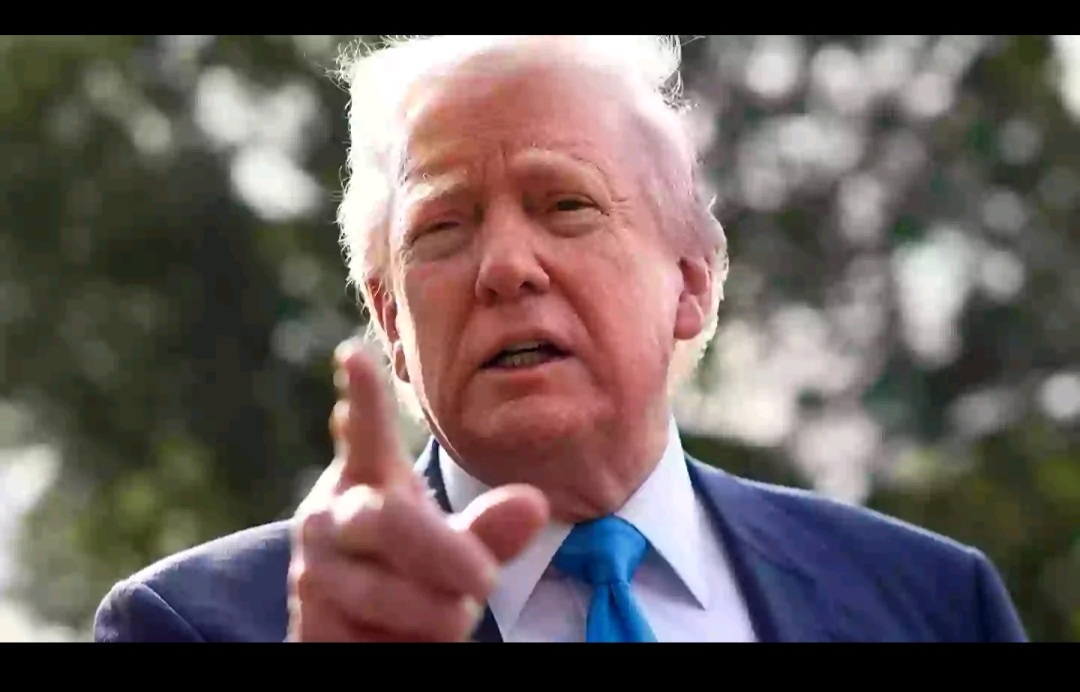The Israeli army ordered a mass evacuation of Palestinians from much of Khan Younis on Monday, a sign that troops are likely to launch a new ground assault in the Gaza Strip’s second largest city. The order suggested Khan Younis will be the target in the latest of Israel’s repeated raids into parts of Gaza it had previously invaded during the past nearly nine months, pursuing Hamas militants as they regroup. Much of Khan Younis was already destroyed in a long assault earlier this year, but large numbers of Palestinians have since moved back in to escape another Israeli offensive in Gaza’s southern-most city, Rafah…Click Here To Continue Reading>> …Click Here To Continue Reading>>
Monday’s evacuation call covered the entire eastern half of Khan Younis and a large swath of the Gaza Strip’s southeast corner. Earlier in the day, the army said a barrage of rockets out of Gaza was fired from Khan Younis.
The order suggested a new assault into the city was imminent. Israeli forces fought for weeks in Khan Younis earlier this year and withdrew, claiming to have destroyed Hamas battalions in the city. But in other places where the military made similar claims, renewed raids have underscored Hamas’ continued capabilities.
Thousands of Gazans had returned to Khan Younis in April after Israel’s withdrawal from the city. Malak, 13, was among those who returned, hoping to find any belongings that might have survived. She found nothing left.
“Everything is destroyed. There is no life here anymore,” she previously told CBS News. “Our dreams are gone and so is our childhood.”
An evacuation and eruption of fighting in the Khan Younis area could further hamper Palestinians’ access to much-needed potable water. Included in the evacuation zone is a water line that Israel installed following criticism over its cutoff of water to the strip early in its campaign.
Also in the zone is the area surrounding the Kerem Shalom crossing, the major aid crossing to southern Gaza, as well as an aid route that Israel said it would safeguard to allow trucks carrying humanitarian aid to enter the strip. Very little aid has entered the strip due to lawlessness along the aid route, and a new offensive would risk further harming aid efforts.
The United Nations Human Rights Office in Palestine responded to the new evacuation order in a Monday social media post.
“Extremely concerned that thousands from Khan Younis have been asked to evacuate, which will likely result in huge mass displacement, suffering, & family separation, all when the population is facing severe shortage of food, water, shelter & other basic necessities,” the agency said. READ FULL STORY HERE>>>CLICK HERE TO CONTINUE READING>>>
World Central Kitchen operates a field kitchen out of Khan Younis. Operations began there in late June. The kitchen was named Zomi’s Kitchen to honor one seven aid workers killed by Israeli air strikes in April.
The order came as Israel released the director of Gaza’s main hospital after holding him for seven months without charge or trial over allegations the facility had been used as a Hamas command center. He said he and other detainees were held under harsh conditions and tortured. There was no immediate response from the prison service, which has previously denied similar accusations.
The decision to release Mohammed Abu Selmia raised questions over Israel’s claims surrounding Shifa Hospital, which Israeli forces have raided twice since the start of the nearly nine-month war with Hamas. Abu Selmia and other Palestinian health officials have denied the accusations.
His release triggered an uproar across Israel’s political spectrum. Government ministers and opposition leaders expressed outrage and insisted Abu Salmia played a role in Hamas’ alleged use of the hospital — though Israeli security services rarely unilaterally free prisoners if they have a suspicion of militant links. Prime Minister Benjamin Netanyhu’s office called the release “a grave mistake.”
Israel launched its offensive after Hamas’ Oct. 7 attack, in which Palestinian militants killed some 1,200 people across southern Israel and took another 250 hostage. In its campaign, Israel has killed at least 37,900 Palestinians, according to Gaza’s Hamas-run Health Ministry, which does not distinguish between civilian and combatant deaths.
Most of Gaza’s population of 2.3 million have fled their homes, with many displaced multiple times. Israeli restrictions, ongoing fighting and the breakdown of public order have hindered the delivery of humanitarian aid, fueling widespread hunger and sparking fears of famine.
The U.S. military constructed a pier to bring aid into Gaza, but it was removed late last month due to weather. U.S. officials on Friday said the Pentagon is considering not re-installing the pier unless the aid begins flowing out into the population again.
Israeli Prime Minister Benjamin Netanyahu said Monday that the military was “making progress toward ending the phase of the destruction of Hamas’ terror army.” But he said forces will continue to “target their remains going forward.”


 IN-THE-NEWS10 months ago
IN-THE-NEWS10 months ago
 METRO11 months ago
METRO11 months ago
 METRO7 days ago
METRO7 days ago
 POLITICS11 months ago
POLITICS11 months ago
 METRO9 months ago
METRO9 months ago
 SPORTS10 months ago
SPORTS10 months ago
 IN-THE-NEWS11 months ago
IN-THE-NEWS11 months ago
 METRO3 days ago
METRO3 days ago


